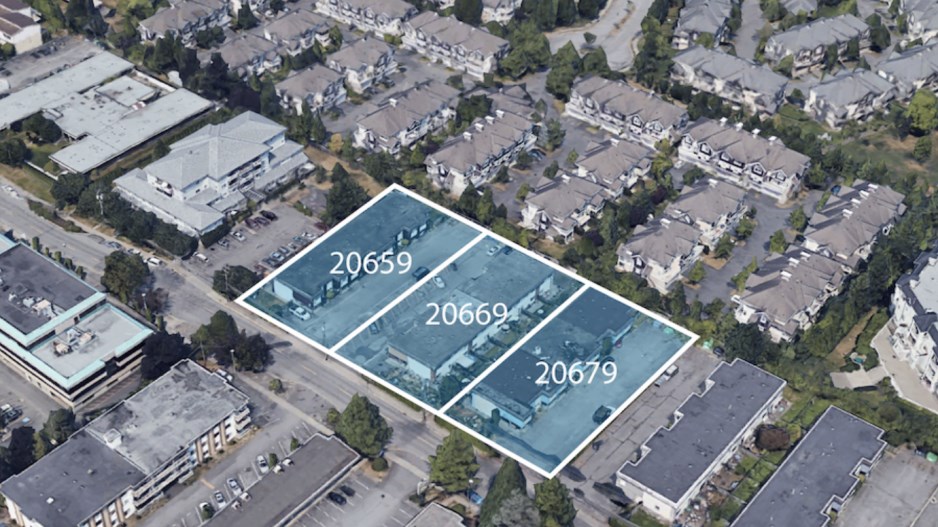August was a big month and a harbinger for Langley as the first contracts were awarded for the $4 billion Surrey-to-Langley SkyTrain, a shopping mall was levelled and $18 million in land assembled to clear the way for new mixed-use projects.
With financial approvals now in place, the entire Surrey-Langley SkyTrain project carries a cost of $3.94 billion, with the federal government contributing $1.3 billion, the provincial government paying $2.47 billion and TransLink and the City of Surrey kicking in $228 million.
A further $60 million for walking and cycling paths has also been included, bringing the full SkyTrain extension budget to just over $4 billion.
The first contracts were to be awarded in August, the first for the elevated SkyTrain guideway, the second for station construction and the new cycling and walking paths along the corridor. The third contract will be for electrical systems and track work with procurement potentially beginning late this year
Construction is anticipated to start in 2024, with the eight-station, 16-kilometre extension opening by late 2028.
Developers are scrambling to get ahead of the trains’ arrival.
According to Metro Vancouver's projected housing mix along the corridor, the future is multi-family, and the plan is that over the next 30 years, the new housing will represent 50 per cent condos and 43 per cent attached/townhouses, with the small remainder being traditional single-family houses.
SkyTrain projections are that the South of Fraser East region, which includes Surrey, Langley City and Langley Township, will see population growth from 782,000 to 939,200 people and at least 65,000 new homes by 2030.
As an indication, Bucci Investment Corp. has presented plans for a five-acre project around the 160th SkyTrain station that will include 1,300 homes and 87,000 square feet of new commercial space.
Meanwhile, a shopping mall that once dominated downtown Aldergrove in Langley Township is being demolished for the creation of the master-planned, mixed-use Aldergrove Town Centre with 260 homes close to the SkyTrain extension.
The Janda Group, which purchased the mall property in 2008, is replacing it three six-storey buildings with residential condos and ground-level commercial space, a 10-storey tower with four levels of public parking and six levels of residential housing.
Land assemblies have been taking place along the SkyTrain corridor for years in anticipation of approval.
In 2016 when developer Beech Westgard acquired 150 acres in the Anniedale-Tynehead area – in the path of the SkyTrain – and began to install $35 million in infrastructure on its own dime, land prices in the area were in the $2.6 million per acre range.
At the time, real estate agents were forecasting per-acre prices in the corridor could reach $3.5 million by 2022. Instead, some land prices rocketed above $4 million per acre before the final SkyTrain extension funding was even approved.
Now smaller land investors, not just developers, are getting in on the action and paying much more.
The latest example is the August assembly of three lots on Eastleigh Crescent in the City of Langley that currently house small multi-family rental apartment buildings. Offered at $5.9 million each, the lots sold for $6 million each to three separate local investors.
This equates to a total of $18 million for the 1.38-acre assembly, or an eye-popping $13.4 million per acre.
“It shows how three separate owners can work together and get a greater price than pricing them separately,” said Gordon Kleaman of Re/Max Crest Realty of North Vancouver, who brokered the deal.
The land is destined for a six-storey multi-family complex with 159 townhouse units.
“Six different groups made offers. One of the biggest selling points was how the City of Langley treats developers and how quickly they respond and approve applications, directly turning into dollars for the sellers. With an estimated six-to-eight-month application process, many developers were willing to write on this project as they could still come to market quickly,” Kleaman added.




